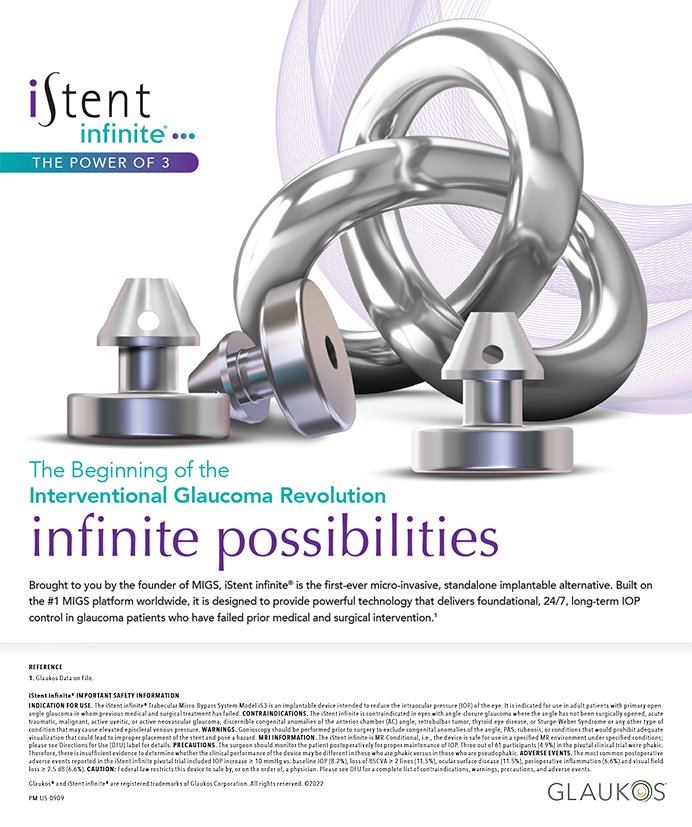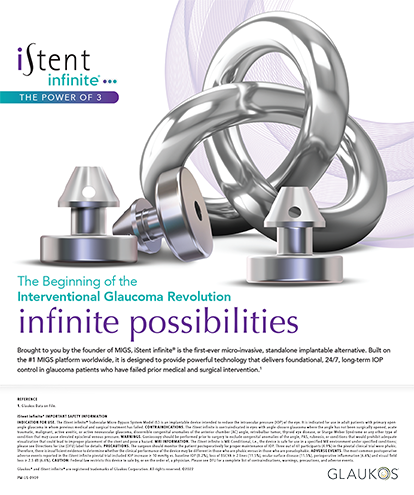

Aaron Goh Qi Yang, MBBS: Tell me about your background and what led to your involvement in global ophthalmology.
Cathleen M. McCabe, MD: When I was growing up in New Hampshire, my family and I hosted guests from around 40 different countries through an institution called the Experiment in International Living. These cultural exchanges sparked a desire in me to understand global experiences and cultures more deeply. This led me to participate in construction missions in various countries during my residency, where I learned practical skills such as tying rebar, breaking rock, and mixing cement.
As I transitioned into medical missions during my internship, I found my passion in ophthalmology. The opportunity to have a profound impact on someone’s life as a cataract surgeon, even with a short intervention, struck me. Cumulatively, the experiences led to my current path in global ophthalmology and medical missions.
Dr. Goh: Could you elaborate on how your early experiences shaped your approach to global ophthalmology, especially in terms of including your family and team in these missions?
Dr. McCabe: My young daughters joined me on my initial medical mission to the Maya Mountains in Belize as an intern. Integrating my family into this work has been vital, and I advise anyone involved in global ophthalmology or local service to consider the same.
Shared service creates unity, which amplifies the benefits of such efforts. Experiencing these moments alongside your family or team strengthens bonds and shapes collective identity. Moreover, involving loved ones early on cultivates a culture of service, multiplying the force of the impact. This exposure to contributing to underserved communities fosters a service-oriented mindset in them, which could have an even larger impact in the future.
Dr. Goh: Could you expand on the force multiplier concept when involving your family and team, particularly in terms of achieving a broader impact through your missions?
Dr. McCabe: Encouraging others, including our children, to volunteer instills a commitment to service. My family’s involvement in mission work has fostered meaningful and enduring relationships with the communities we serve through Sight for Life (click here to learn more).
The ripple effect of our work is profound and reaches not just patients but their communities. A patient regaining their sight can contribute to society, which can alleviate burdens and enhance the quality of life of others in the community. Each case contributes to broader societal benefits—economic, social, and educational.
The sense of fulfillment gained from helping someone regain their sight is amplified when the broader impact is recognized. For example, in St. Vincent, we didn’t just provide treatment; we also facilitated the education of local ophthalmologists. Enhancing local medical capabilities ensures our mission’s impact lasts beyond our presence—an achievement that is profoundly rewarding.
Dr. Goh: Can you share any upcoming plans you have for your missions in St. Vincent?
Dr. McCabe: We recently acquired a building for Sight for Life to achieve a more enduring impact. Previously a clinic, it’s being upgraded to store donations, house equipment, and improve care for indigent patients. Acquisition of the site will also facilitate more frequent missions and address a significant local issue. When we run missions, the local hospital has to cancel elective surgeries because of OR usage. Our center will allow us to work without disrupting local operations. We aim to have it fully operational next year, easing the strain on local health care.
Dr. Goh: What has kept you engaged in mission work for so many years?
Dr. McCabe: Global missions enrich my surgical practice and foster my adaptability. Early exposure cultivates learning and adaptation. Over time, routines may limit our flexibility and creative problem-solving ability in imperfect situations. Medical missions counteract this by necessitating creative thinking and a tolerance of imperfections—whether a hot room, language barriers, or suboptimal equipment. These experiences can maintain our problem-solving skills, contribute to our growth, and enhance our calmness during minor disruptions.
Dr. Goh: Can you discuss the essentials of developing a sustainable global ophthalmology mission program?
Dr. McCabe: Though treating patients is key, we should also aim for programs whose effects extend beyond our short-term presence. Understanding the local population’s needs and common pathologies is essential, as is having a local team who can handle patient follow-up. It’s also important to share our knowledge and networking opportunities with our local partners, particularly in isolated areas.
Using technology such as videoconferencing, which became mainstream during the COVID-19 pandemic, is crucial. Some organizations such as Advanced Center for Eyecare Global and Orbis already use technology to connect remote surgeons with well-established practices globally for mentoring.
Dr. Goh: Would you say that long-term planning and community relationship-building are significant in mission work?
Dr. McCabe: Yes, planning starts immediately after the previous mission. It involves assembling the right team, deciding on necessary supplies, and setting the next mission’s goals. I suggest joining an existing mission to understand the process before starting your own.
Dr. Goh: How can residents and ophthalmologists juggle their commitment to global ophthalmology with their busy schedules?
Dr. McCabe: Prioritizing is key. Mission work rejuvenates me and reconnects me with the core of my profession.
Dr. Goh: What would you say are some of the right (and wrong) kinds of motivations for pursuing global ophthalmology?
Dr. McCabe: Gaining experience can be a part of global ophthalmology, but it’s not the best place to learn new skills. Missions require an open mindset, a readiness to perform any task, and the drive to contribute meaningfully. It’s not about improving your own skills but about meeting the needs of the community. Missions can be stressful and require flexibility and forgiveness. Ego and personal needs should take a backseat to the community’s needs.




